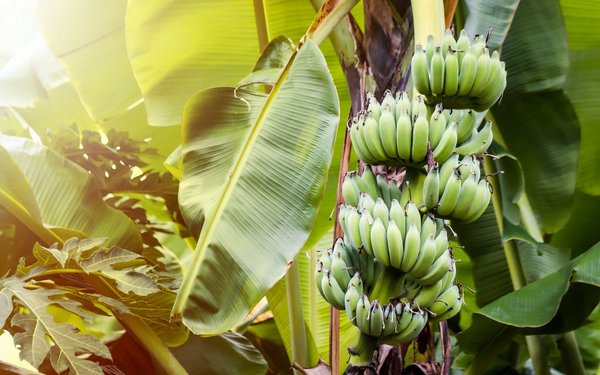 Read this article in French
Read this article in French- Share this article
- Subscribe to our newsletter
Towards a successful agroecological transition
Agroecology is increasingly being seen as a way of developing sustainable farming systems tailored to producers' constraints and as more resilient to climate and health hazards. Researchers from the French Agricultural Research Centre for International Development (CIRAD) and experts from the Agence Française de Développement (AFD) define three essential pillars for successful transitions, as CIRAD reported at its website in September 2022.
- mobilising biodiversity and ecological processes for sober, efficient natural resource management,
- co-constructing technical, economic and social progress, and associating the entire range of change stakeholders with innovation processes, and
- upscaling the agroecological transition in a different way from the green revolution model, by adapting it to each local situation.
To implement these three principles, they have pinpointed around a dozen levers shared by the different tropical production systems, including:
- regulating pests by managing biodiversity, from plot to landscape scale,
- making biogeochemical cycles more efficient,
- renewing genetic improvement targets, to develop plants that can cope with climate change and biodiverse cropping systems,
- levers for action at the local level to support producers (training, organisation, access to credit, recognition of women's role in farming, etc.),
- new methods for evaluating production systems, based on different types of performance rather than on short-term economic performance alone,
- development of markets that reward the efforts made towards agroecological transition, and
- political action in support of transition on a national and global scale.
Agroecological transition is a long process, but there have already been some success stories:
Pesticide-free bananas
In the French West Indies, the chlordecone crisis has acted to speed up the development of environmentally friendly production systems. With the support of the authorities, CIRAD has worked with producers to develop and implement a set of techniques based on the principles of agroecology, to reduce pesticide use. By encouraging the use of in vitro plantlets, fallow periods and service plants, and biological trapping of pests, pesticide use has been cut by almost 60 per cent in just a few years. This virtuous dynamic is continuing and is now being rolled out in Africa, to produce both dessert bananas and cooking bananas (plantains) for local consumption.
(CIRAD/ile)
Read more at CIRAD website





Add a comment
Be the First to Comment